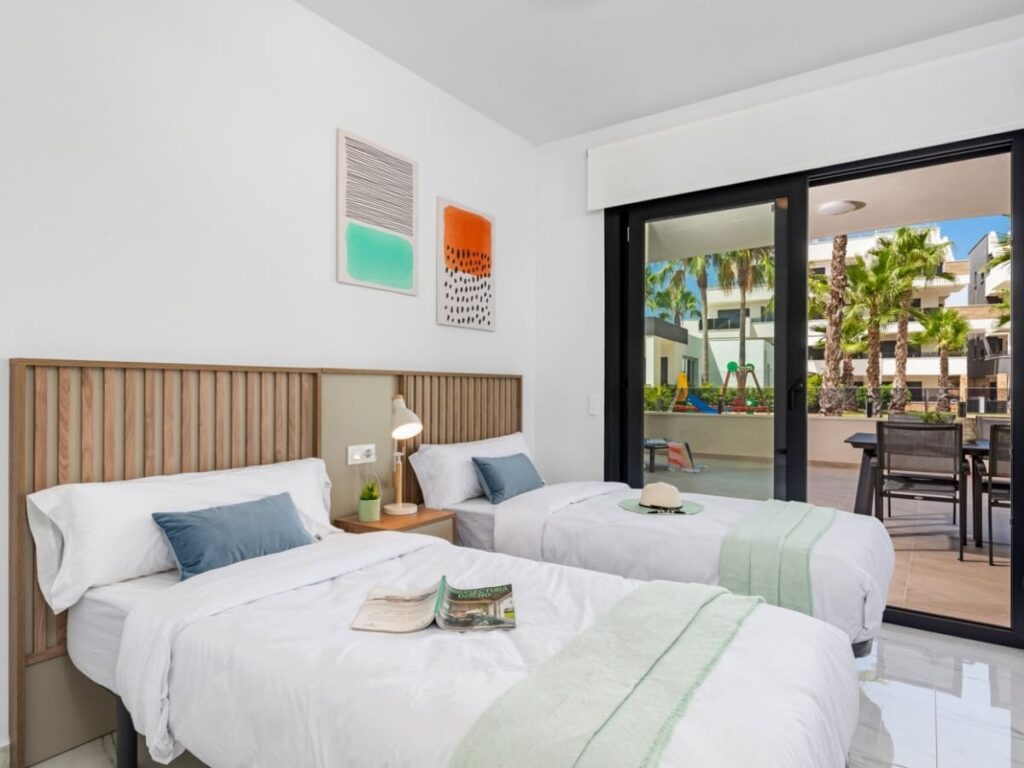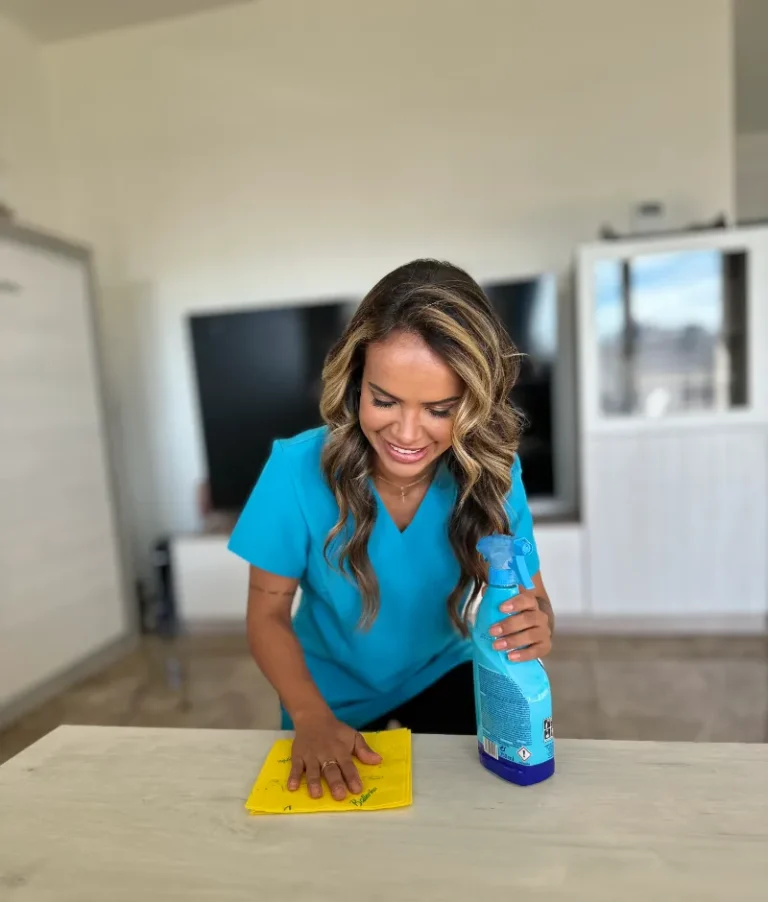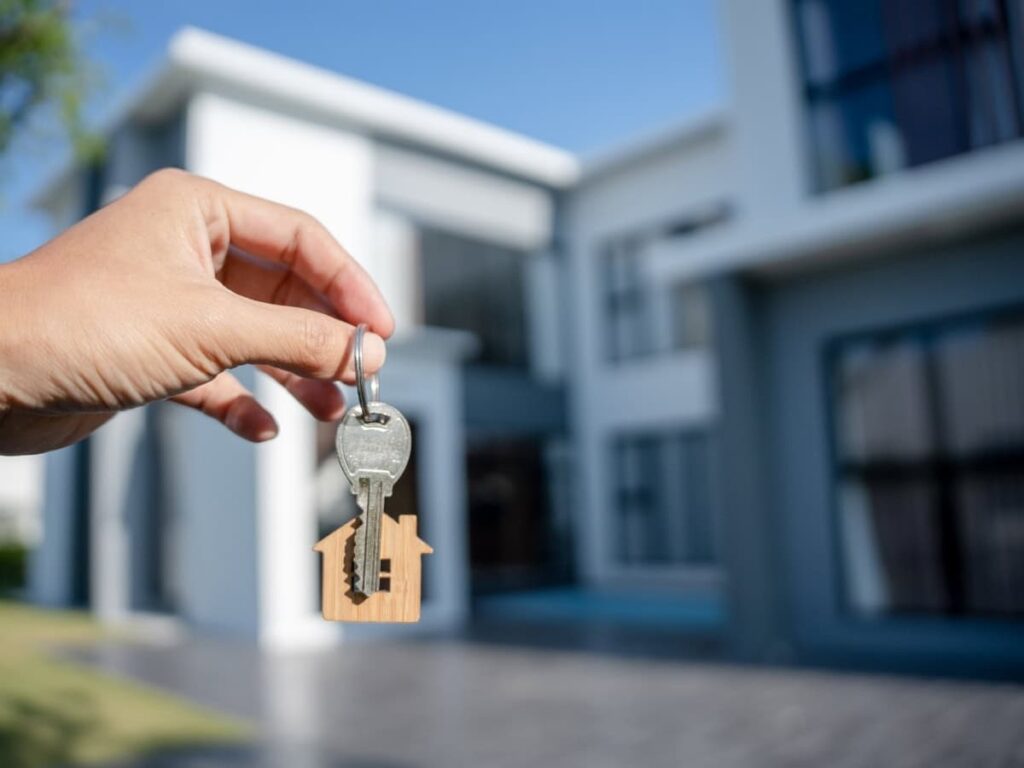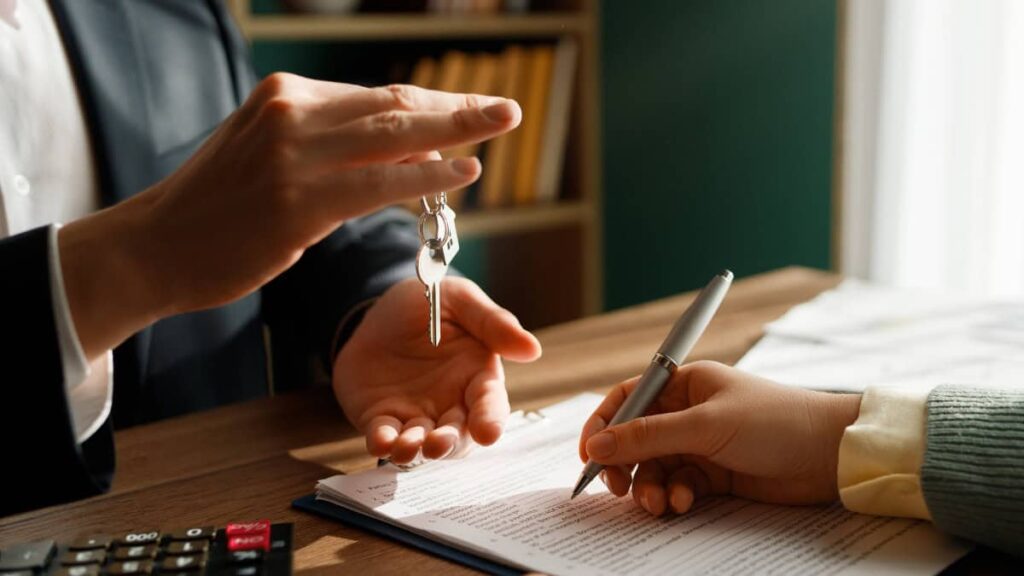For anyone planning to live, work, or buy property in Spain, one of the first and most important steps is applying for an NIE number in Spain. This unique identification number is essential for almost every legal and financial transaction, from opening a bank account to signing a property deed. Yet many newcomers underestimate how early and how crucial this process is. Understanding what the NIE is, why it matters, and how to apply correctly can save you time, stress, and costly delays as you begin your journey to living or investing in Spain.
What is an NIE number and why do you need it?
An NIE number, or Número de Identificación de Extranjero, is the unique identification number issued to foreigners in Spain. It serves as your official tax and identification reference for all legal and financial activities. The NIE is required for buying property, paying taxes, registering utilities, working, inheriting property, or even buying a car. Without it, completing any formal transaction in Spain becomes nearly impossible.
For property owners and investors, the NIE acts as the legal link between you and the Spanish tax and property systems. It is used in notarial deeds, municipal records, and bank paperwork. Essentially, it establishes your identity as a non-Spanish resident within the Spanish administration.
Who needs an NIE number?
Anyone who intends to spend time in Spain for financial, legal, or residential purposes must obtain an NIE number. This includes:
- Property buyers and investors
- Employees or freelancers working in Spain
- Non-residents managing rental income or tax obligations
- Individuals inheriting assets in Spain
- People establishing a business or paying Spanish taxes
Even if you are not planning to live permanently in Spain, you will still need an NIE to purchase property or open a local bank account. There are two main types of NIE numbers:
- Resident NIE: for people planning to live in Spain full-time.
How to apply for an NIE number in Spain
The process may vary slightly depending on where you apply, but the basic steps are the same throughout Spain.
Step 1 – Complete the EX-15 form
This is the official Solicitud de Número de Identidad de Extranjero application form. You can download it from the official Sede Electrónica (Spanish government website). Fill it out carefully, ensuring all details match your passport exactly.
Step 2 – Prepare supporting documents
You will need:
- A valid passport or national ID (for EU citizens)
- Two photocopies of your identification document
- Proof of your reason for applying (for example, a property purchase agreement, job offer, or inheritance documents)
- Two passport-sized photos
- Completed Modelo 790 tax form and proof of payment of the application fee
Step 3 – Pay the administration fee (Modelo 790)
Before your appointment, pay the small administrative fee using Modelo 790-012 at a local bank. Keep the stamped receipt, as you must present it during your appointment.
Step 4 – Attend your appointment (Cita Previa)
You can apply in person at the Oficina de Extranjeros (Foreigner’s Office), Policía Nacional station, or Spanish consulate in your home country. Appointments are booked online through the Cita Previa system. Bring all your documents, forms, and photocopies. Missing paperwork or incomplete forms can cause delays or require a second appointment.
Step 5 – Collect your NIE certificate
After submitting your application, you will receive a white certificate containing your NIE number, usually within a few days to a few weeks. In larger cities, it may take longer due to high demand. Keep this certificate safe, as you will need to show it for future transactions such as property registration, opening a bank account, or paying taxes.
Common challenges when applying for an NIE
The application process can feel bureaucratic, especially for first-time applicants. Common challenges include:
- Long waiting times for Cita Previa appointments
- Forms and websites only available in Spanish
- Confusion over required documents
- Regional variations in procedures
- Bank difficulties when paying Modelo 790 without a local account
For these reasons, many foreigners prefer to work with a gestor (a licensed administrative agent) or a real estate consultancy such as Casa Capitals, which can manage the entire process on your behalf. In some cases, a power of attorney can be used so that your NIE is obtained without your physical presence in Spain.
How long does the NIE process take?
Processing times vary depending on where you apply. In smaller towns, you might receive your NIE certificate within a few days, while in high-demand areas like Madrid, Barcelona, or Alicante, it can take several weeks. If applying through a Spanish consulate abroad, the waiting period can also differ based on consular workload.
Useful tips for a smooth NIE application
- Book early: Appointments can fill up quickly, so reserve your Cita Previa well in advance.
- Double-check paperwork: Even small mistakes can lead to rejections or delays.
- Bring copies: Always bring extra photocopies of all forms and identification.
- Pay the fee beforehand: Make sure your bank receipt for Modelo 790 is stamped.
- Get professional help: Using a local expert can save you time, stress and confusion.
Why property owners and investors should apply early
If you plan to buy property in Spain, apply for your NIE before you even begin the purchase process. Notaries will not complete a transaction without an NIE number listed on the deed. The same applies when setting up utilities, paying property taxes, or registering for rental income. Early preparation prevents costly last-minute delays and allows the buying process to proceed smoothly.
How Casa Capitals can help you with the NIE process
Applying for an NIE number in Spain is a crucial first step for anyone buying or managing property, but it can also be one of the most confusing parts of the process. Casa Capitals helps clients handle every stage smoothly, offering clear guidance and reliable administrative support through their local network.
For property buyers and investors on the Costa Blanca, Casa Capitals provides end-to-end assistance, from coordinating paperwork and appointments to liaising with local authorities. Their experience with both residents and non-residents ensures compliance with Spanish regulations and a stress-free experience.
By partnering with Casa Capitals, you can focus on the excitement of your move or investment, while their team takes care of the practical details. Whether you are purchasing your first holiday home or relocating permanently, Casa Capitals ensures the process of obtaining your NIE and managing your property in Spain is simple and efficient.
Related articles






